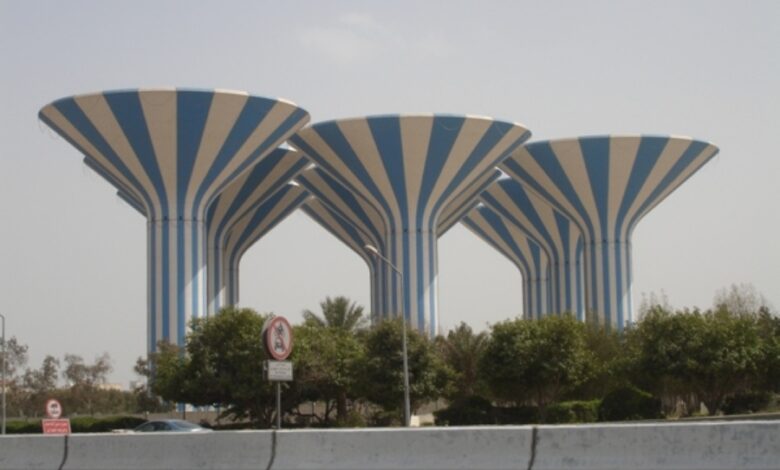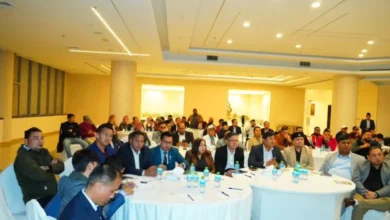Kuwait’s water consumption hit an all-time high last Wednesday
... amid push for sustainable desalination and privatization in the GCC countries

Kuwait’s water consumption hit an all-time high last Wednesday, reaching 522 million imperial gallons, surpassing the previous record of 520 million gallons set on July 18, 2024. This spike, recorded on May 28, reflects growing demand amid the summer season.
In response, water production climbed to 539 million gallons, exceeding consumption by 17 million gallons—a development officials welcomed. Sources at the Ministry of Electricity, Water and Renewable Energy stated that the boost in production was made possible by bringing several distillation units back online after maintenance. This increase is expected to help replenish the strategic water reserve, which had reached dangerously low levels in recent weeks, reports Al-Rai daily.
In the midst of these domestic developments, Kuwait hosted the GCC Symposium on Desalination Sector Privatization, organized by the Gulf Cooperation Council (GCC) General Secretariat.
The event brought together key stakeholders from both government and private sectors, alongside experts in water and energy.
The symposium supported the GCC’s broader strategy to bolster water security, resource sustainability, and expand private sector participation in desalination infrastructure. Discussions centered on the experiences of GCC countries in privatizing desalination operations, identifying challenges, and seizing opportunities for regional integration and knowledge exchange.
The event concluded with a comprehensive set of recommendations aimed at accelerating the transition to sustainable and efficient desalination systems across the GCC. These included:
- Modernizing legal and regulatory frameworks to promote private sector participation, ensuring transparency and competitiveness.
- Encouraging public-private partnerships (PPP) by offering incentives to attract investment.
- Localizing technologies to strengthen domestic capabilities in desalination.
- Aligning privatization efforts with national water and energy security policies to ensure effective resource management.
- Adopting low-emission and sustainable technologies to reduce environmental impact.
- Establishing a permanent GCC platform for ongoing cooperation, knowledge sharing, and performance benchmarking.
- Launching national training programs to develop specialized human capital for project management and financing.
Participants also emphasized the importance of promoting scientific research and exploring joint desalination ventures among GCC nations to enhance regional resilience and innovation.
The GCC General Secretariat expressed gratitude to Kuwait, represented by the Ministry of Electricity, Water and Renewable Energy, for its exceptional hosting and organization of the event.
It reaffirmed its dedication to fostering collaboration among member states in support of desalination sector privatization and sustainable development across the region.












